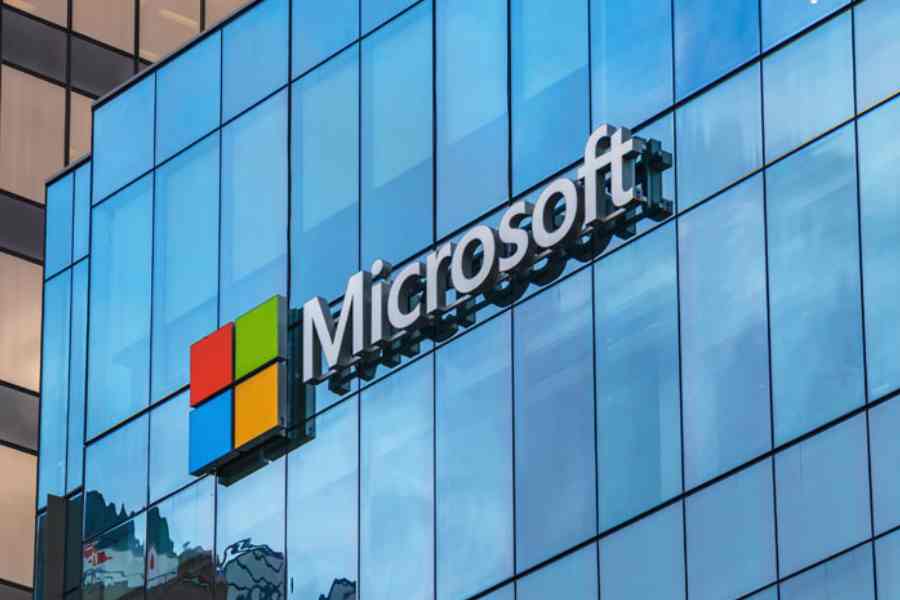Microsoft’s faltering $69 billion bid to buy the video game company Activision Blizzard received a glimmer of hope on Monday when EU regulators approved what would be the largest consumer tech deal in two decades.
EU officials said they would allow the deal after Microsoft, the maker of the Xbox console, made concessions to ensure that rival companies would have continued access to games developed by Activision, such as the hugely popular Call of Duty.
Even so, the blockbuster acquisition, which has become a test of whether regulators around the world will approve a tech megamerger amid concerns about the industry’s power, still faces an uphill climb. American and British regulators have each moved to block the acquisition in recent months, arguing that a combination of the Xbox maker with the company behind the Call of Duty franchise would hinder competition. Microsoft is fighting both actions.
The deal has revealed fractures among regulators about how to crimp the power of the world’s biggest technology companies.
Opposition to the acquisition has centred in part on so-called cloud gaming, a relatively new technology that lets people stream games on phones, tablets and other devices, potentially eliminating the need for hardware like consoles. American and British regulators said Microsoft’s purchase of Activision would undercut the sector of the gaming industry before it had a chance to bloom.
The European Commission, the executive body for the 27-nation bloc, gave its approval after Microsoft agreed to guarantee that gamers would be able to play Activision titles on cloud gaming services being developed by other companies, such as Nvidia.
After negotiating the concessions with Microsoft, EU officials said they concluded that the deal could go through, particularly because the cloud gaming market is still so small.
“These commitments fully address the competition concerns identified by the commission,” the EU regulators said in a statement.
The European Commission said the deal would not harm the console market because Microsoft would not have the incentive to deny rivals, such as the Sony PlayStation, access to Activision titles without sacrificing profit. In the EU, PlayStation has a much larger market share than Xbox.
The deal shows the difficulty of reaching a consensus to regulate an evolving tech industry. While policymakers on both sides of the Atlantic have expressed concern about the growing power of the tech industry, differences remain about when and how to intervene.
New York Times News Service










